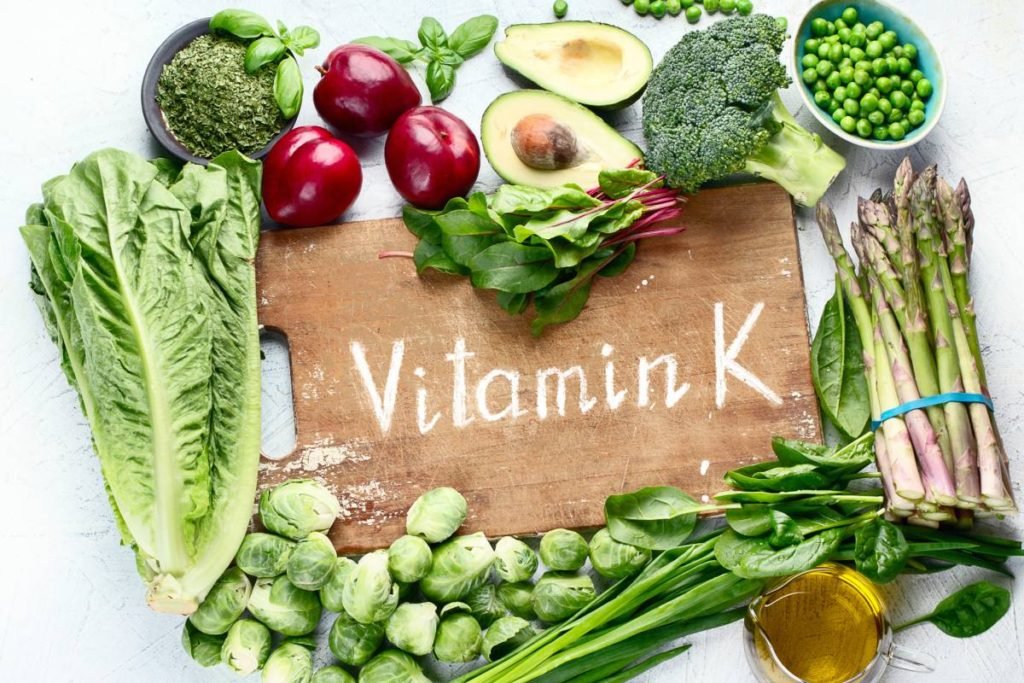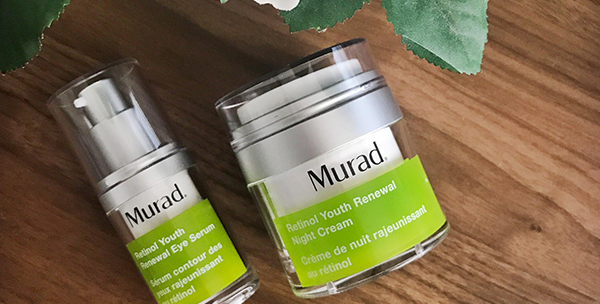Vitamins and the skin

Vitamins are an essential part of any skincare regimen. The first thing most health professionals will tell you to do in order to keep your skin healthy is to limit your exposure to the sun’s harmful ultraviolet (UV) rays. And, if possible, wear protective sunscreen when you’re exposed to sunlight.
But just 10–15 minutes of daily exposure helps manufacture vitamin D throughout the skin. Vitamin D is one of the best vitamins for your skin, along with vitamins C, E, and K. Vitamins help keep the skin healthy and youthful. We’re just here to show you how.
Vitamin D

When sunlight is absorbed through the skin, it converts cholesterol to Vitamin D. Vitamin D is then taken up and transported throughout the body to help create healthy cells. This includes the skin, where vitamin D plays an important role in skin tone.
A daily vitamin D intake of 600 IU per day is recommended (or more if you are pregnant or over the age of 70). Besides solar exposure, eating fortified foods (e.g. breakfast cereals, orange juice, and yogurt) and eating foods that have vitamin D naturally (e.g. salmon and tuna) help maintain normal levels of the essential vitamin.
Vitamin C

Vitamin C is found at high levels in the epidermis (outer layer of skin) as well as the dermis (inner layer of skin). Its cancer-fighting (antioxidant) properties and its role in collagen production help keep your skin healthy. This is why vitamin C is one of the key ingredients found in many antiaging skin care products.
The daily recommendation is 1,000 mg. If you find that you don’t get enough vitamin C in your diet, you can eat more citrus foods such as oranges, other plant-based sources of vitamin C such as strawberries, broccoli and spinach drinks, orange juice, or take supplements (as recommended by a doctor).
Vitamin E

Like vitamin C, vitamin E is an antioxidant. Its main function in skincare is to protect against sun damage. Vitamin E absorbs the harmful UV light from the sun when applied to the skin. Photoprotection refers to the body’s ability to minimize the damage caused by UV rays. This can help prevent dark spots and wrinkles.
Most adults need about 15 mg of vitamin E per day. You can increase your intake by eating more nuts and seeds such as almonds, hazelnuts, and sunflower seeds, taking a multivitamin or separate vitamin E supplement, and using topical products that contain both vitamin E and vitamin C.
Vitamin K

Vitamin K is essential in aiding the body’s process of blood clotting, which helps the body heal wounds, bruises, and areas affected by surgery. The basic functions of vitamin K are also thought to help certain skin conditions such as stretch marks, spider veins, scars, dark spots, and stubborn circles under your eyes.
Adults need between 90 and 120 ug per day. You can increase your intake by eating lettuce, cabbage, green beans, kale, spinach.
Remember, your skin is only a reflection of what you put in it, so put the right things!
Sign Up to Our Newsletter
Get notified about exclusive offers every week!















